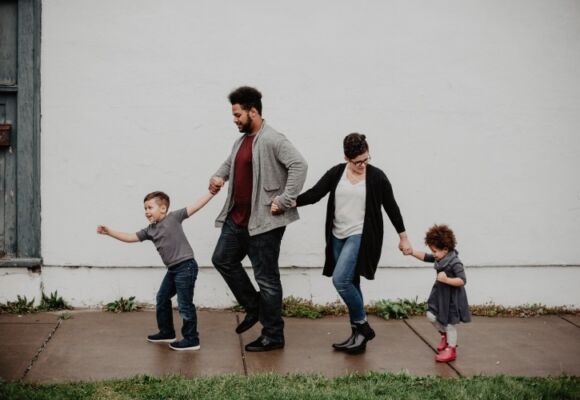It can sometimes be the case that a local authority has serious concerns relating to the care of a child or children. This can sometimes end up with the local authority making an application for a Care Order. A Care Order is made when responsibility for the care of a child needs to be overseen by a local authority.
Having the courts involved in the care of a child can be stressful and an uneasy time. It is, therefore, important to know the differences between different child court orders and the consequences of each one on the care of a child.
Care Proceedings
The term ‘care proceedings’ refers to when a local authority has a serious concern regarding a child. This will usually be when a child has been harmed either through an inflicted injury, neglect or emotional harm.
Care proceedings are bought about by a local authority. They must apply to the court if they believe that it is in the best interests of the child to be removed from their parents or carers. That would be an application for a Care Order. Although it is the court only who is able to issue a Care Order, the police do have powers to keep a child in a place of safety for up to 72 hours if they deem that the child could be under significant risk of harm if left where they are.
In most cases, social services will have been involved with the care of a child or children before a Care Order is made. However, it is important to remember that this is seen as a last resort and all efforts will be made to enable the child or children to stay with parents or carers when possible.
Types of Court Orders
It is important to remember that decisions are always made with the best interests of the child as the main consideration. If you find yourself being issued with an application for a Care Order you should always seek legal advice as soon as possible.
Sometimes, social workers may recommend that you agree for your child or children to be cared for by a relative or foster carer. It is also important that you seek legal advice before you agree to this.
The five different types of child court orders vary in their impact on the life of a child and their parents or carers. They are:
Care Order
A Care Order is issued when the court deems it appropriate for a local authority to share the responsibility of the child’s care with its parents. In this case, the parents have ’parental responsibility’ but the Local Authority can decide where the child will be living and has the ultimate responsibility of making other big decisions in the child’s life. A Care Order will last until the child is 18 years old unless the court decides to end it sooner.
Supervision Order
A Supervision Order is issued when it is considered to be best that a child remains living with their parents or family member, although under the supervision of a social worker. In this case, a social worker will be involved in the family life, as a friend and support, as well as offering resources to aid in the care of the child or children. A Supervision Order will last for one year but can be extended by the Court.
Emergency Protection Order
An Emergency Protection Order is issued in an emergency when it is believed that a child or children are in imminent danger. Anyone can apply for an Emergency Protection Order but it is usually applied for by a local authority. In this case, the child is immediately removed and placed in a safe place, for a short amount of time.
An application for an Emergency Protection Orders are usually followed by an application for a Care Order.
Placement Order
A Placement Order is usually made for younger children and gives the Local Authority the ability to place the child or children for adoption. In this case, the social worker must be certain of the long-term plans for the child and the parent’s responsibility is seriously restricted.
Adoption Order
An Adoption Order is issued once a child has been living with their prospective adopters for at least 10 weeks. With the issuing of an Adoption Order, the parental responsibility of a parent is removed.
Discharging a Care Order
If a social worker believes that the child is safe and cared for properly, they can apply for a discharge of the care order. This process is carried out through the court by a further order.
Contact Waldrons solicitors
Here at Waldrons our team of expert solicitors are on hand to speak to you, get in touch today!
More information on Arrangements for Children
Last reviewed on 11/07/23 by Luke Boxall who is a Solicitor and a Director
